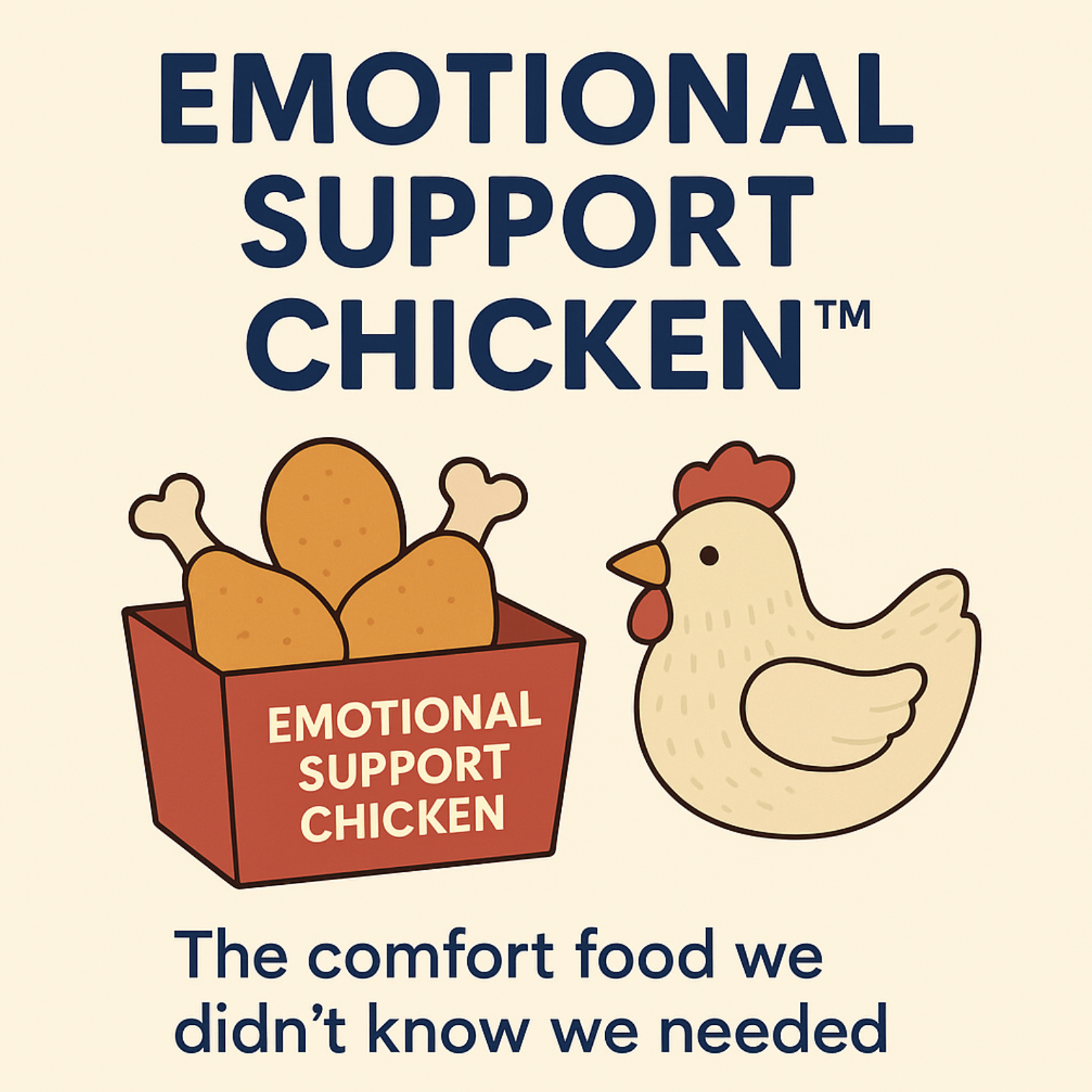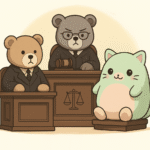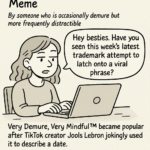In the caffeinated corners of Utah, a beverage trend known as “Dirty Soda” has been the stuff of both sweet refreshment and, more recently, legal wrangling. What started as a local craze—soda spiked with flavored syrups and a splash of cream—has fizzed into a nationwide sensation. Predictably, the trademark claims followed.
Earlier this year, Swig, the popular drive-thru soda chain, filed a trademark application to stake its claim on the phrase “Dirty Soda.” This sparked an immediate reaction, not just from rival shops but from legions of Dirty Soda loyalists who argued the term had already become generic. As reported by The Salt Lake Tribune, many consumers insist “Dirty Soda” is simply a description—like “iced latte” or “smoothie”—not a brand.
🏷️ Trademark or Trend?
Swig’s move to lock down the phrase has drawn parallels to other attempts to trademark common terms. Remember when Paris Hilton tried to trademark “That’s Hot”? Or when a certain celebrity filed for “Okurr”? While some of these efforts succeeded (in part), others fizzled faster than a flat cola.
Legal experts point out that while companies can trademark specific logos or stylized uses, broad claims over popular descriptors often run into trouble. If consumers widely use a phrase generically, proving distinctiveness can be harder than keeping a soda fountain stocked on a summer Saturday.
🌟 The Viral Factor
The Dirty Soda debate highlights a modern reality: virality can rapidly transform a local term into public domain. As TikTok and Instagram Reels pumped up Dirty Soda’s profile, thousands of DIY videos and recipes further diluted the idea that any single company could own the phrase.
But Swig’s leadership insists the trademark isn’t about crushing competitors. Instead, it’s a defensive maneuver to prevent opportunistic knock-offs from piggybacking on years of brand-building. Whether that argument holds up remains to be seen—especially as rivals like Sodalicious and Fiiz Sodas are watching closely.
⚖️ A Cautionary Tale
For content creators, entrepreneurs and beverage innovators, the Dirty Soda saga offers a lesson: if you coin a catchy term, move quickly to protect it—or risk it becoming everyone’s to use. And if you’re trying to trademark a phrase people already use generically, be prepared for pushback.
💡 TL;DR
| Who | What | Why it matters |
|---|---|---|
| Swig | Filed to trademark “Dirty Soda” | Could control use of the popular term |
| Consumers | Claim it’s already generic | May block the trademark from being granted |
| Competitors | Watching (and possibly lawyering up) | Could set precedent for viral food phrases |
😎 Final Sip
In today’s social media-fueled food culture, naming a trend is half the game—and protecting it is the other half. So the next time you invent a drink everyone wants, remember: first trademark, then toast. Because in the world of Dirty Soda, it’s not just about who made it first—it’s about who claimed it loudest.





